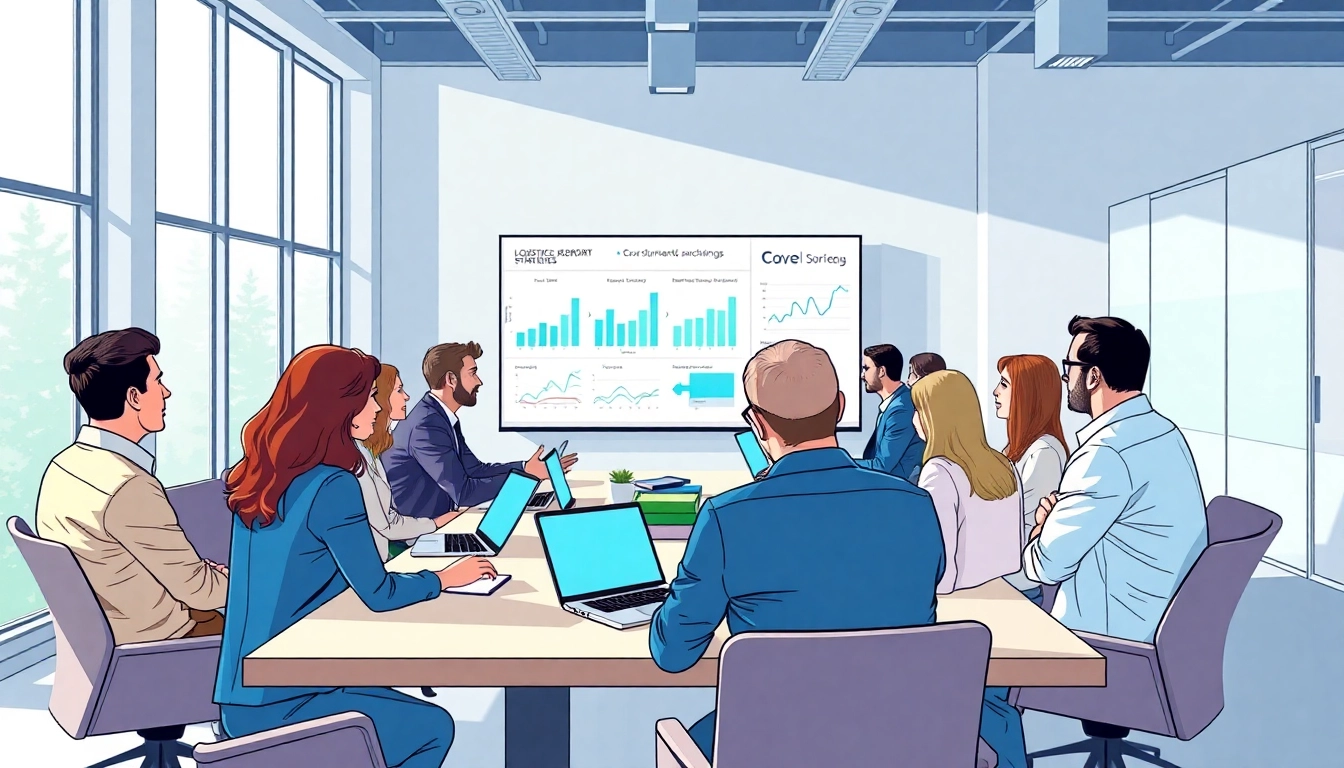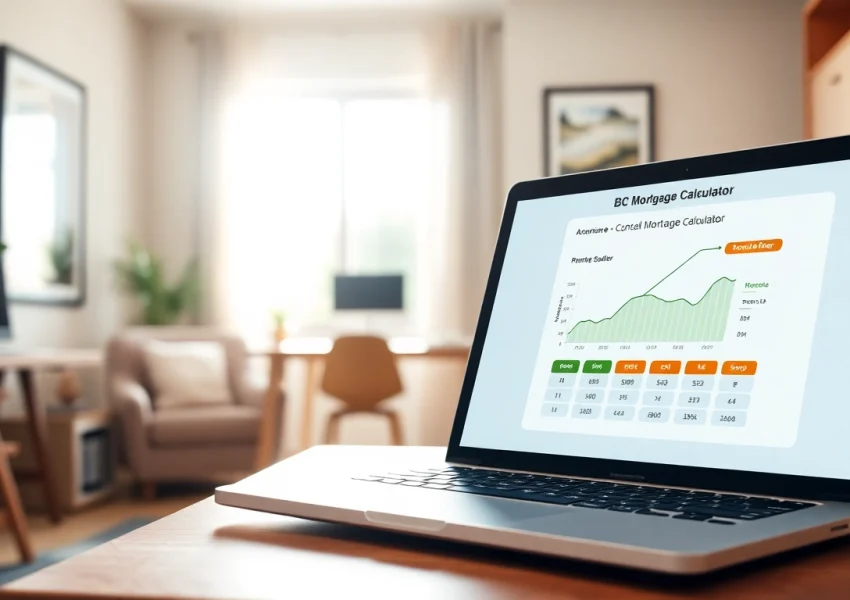The Definition of Suppliers
What Is a Supplier?
A supplier is an entity—be it an individual or a business—that provides products, materials, or services to another party, often referred to as the buyer or customer. Suppliers play a pivotal role in both manufacturing and service sectors, facilitating the flow of goods and services necessary for businesses to operate effectively. Without suppliers, businesses would struggle to maintain production lines or offer services that rely on particular products. For instance, a manufacturer of furniture requires timber and hardware to create its products, which are sourced from various suppliers. An essential characteristic of suppliers is their ongoing relationship with businesses which emphasizes quality, punctuality, and flexibility.
Different Types of Suppliers
Suppliers can be categorized into several types based on various factors such as the nature of their products, their role in the supply chain, and their customer base. The most common types include:
- Manufacturers: These are the producers of goods who often rely on raw materials or components supplied by other vendors.
- Wholesalers: They buy large quantities of goods from manufacturers and distribute them to retailers. Wholesalers often deal in bulk transactions.
- Distributors: Unlike wholesalers, distributors often maintain a more direct link with the manufacturers and provide comprehensive services, including marketing and logistics.
- Retailers: While primarily seen as sellers to the end consumer, retailers can also be considered suppliers when they influence product availability in the market.
- Service Providers: These suppliers offer non-tangible goods, like consulting or maintenance services, essential for business operations.
The Importance of Suppliers in Business
Suppliers are critically important for a multitude of reasons. They help businesses maintain efficiency and reduce operational risks. A well-chosen supplier can enhance product quality, contribute to competitive pricing, and ensure timely delivery, all of which directly impact customer satisfaction. Furthermore, as businesses grow, suppliers become strategic partners who can offer insights into market trends or innovations that lead to improved offerings. Additionally, cultivating strong relationships with suppliers can foster cooperation, which is essential in rapidly changing market landscapes.
Understanding Suppliers’ Contributions
How Suppliers Impact Supply Chains
Suppliers are a key element in the supply chain management process. Their reliability and quality control directly affect the production cycle. Poor supplier performance can lead to delays, increased costs, and ultimately dissatisfied customers. For example, if a supplier fails to deliver materials on time, manufacturers may have to halt production, leading to potential financial losses. On the other hand, a reliable supplier that maintains consistent quality helps streamline operations, minimize waste, and optimize inventory management.
Suppliers vs. Vendors: Key Differences
While the terms “supplier” and “vendor” are often used interchangeably, they are not synonymous and refer to different roles within commerce. Suppliers are primarily responsible for providing raw materials or components, while vendors typically refer to those who sell finished goods or services to consumers. A supplier focuses on replenishing inventory to meet production needs, whereas a vendor may focus on market distribution to end customers. Understanding these distinctions can help businesses structure their procurement strategies more effectively.
Collaborative Strategies with Suppliers
Developing a collaborative relationship with suppliers can yield significant benefits, including innovation, agility, and cost reductions. Businesses can engage in joint ventures to maximize operational efficiency or share resources. One effective strategy is to conduct regular strategic meetings to identify new opportunities for collaboration. Leveraging technology for better communication and data sharing can also foster transparency and trust, which is key to long-term partnerships. Furthermore, businesses should involve suppliers early in the product design phase to leverage their expertise and insights.
Finding and Vetting Suppliers
Where to Locate Reliable Suppliers
Finding reliable suppliers can be challenging, but various resources can aid in this quest. Businesses can utilize online platforms like suppliers directories, trade shows, and industry networking events. Local chambers of commerce and business organizations can also provide leads. Additionally, social media platforms like LinkedIn can be effective for searching and connecting with suppliers. Trade publications and industry reports often highlight reputable suppliers as well.
Criteria for Choosing the Right Suppliers
Choosing the right supplier involves assessing various criteria that align with your business goals. Key considerations include:
- Quality of Products: Suppliers should meet quality standards to minimize defects and returns.
- Pricing: Competitive pricing should be balanced with quality and reliability.
- Delivery Times: On-time delivery capabilities are crucial for maintaining operational flow.
- Financial Stability: Suppliers should possess a solid financial background to ensure long-term viability.
- Reputation: Researching past performance and client testimonials can provide insights into dependability.
Tools for Supplier Assessment
To systematically assess potential suppliers, businesses should utilize analytical tools and criteria. Supplier scorecards, which evaluate performance based on key metrics like quality, cost, and delivery performance, can provide a standardized approach to assessment. Software solutions can further automate the evaluation process, enabling real-time performance tracking. Additionally, engaging in audits and on-site visits can help verify claims and build greater confidence in supplier capabilities.
Building Successful Relationships with Suppliers
Best Practices for Supplier Communication
Establishing effective communication channels with suppliers is fundamental for fostering strong relationships. Regular updates, feedback sessions, and open dialogue promote transparency and allow for quick resolution of issues. Implementing an organized communication plan can help minimize misunderstandings. Furthermore, embracing technology like project management software can facilitate better cooperation and tracking of tasks, deadlines, and documentation.
Negotiation Techniques with Suppliers
Negotiation with suppliers is an art that combines strategy and relationship management. To negotiate effectively, businesses should prepare thoroughly by researching market rates and understanding the supplier’s value proposition. Building rapport can facilitate negotiations, so aim for win-win outcomes instead of aggressive bargaining. Components that are essential during negotiations include price, payment terms, delivery timelines, and quality standards. Aim to create agreements that are beneficial for both parties, thereby fostering long-term collaboration.
Long-Term Partnerships with Suppliers
Building long-term partnerships with suppliers can lead to consistent quality, preferential pricing, and loyalty. Organizations should focus on establishing trust through clear contracts, fair communication, and mutually beneficial agreements. Regular review meetings to discuss performance, upcoming forecasts, and areas for improvement can further solidify these relationships. Implementing joint risk management strategies ensures both parties are prepared for contingencies, thus enhancing overall supply chain resilience.
Measuring Supplier Performance
Key Performance Indicators for Suppliers
To effectively measure supplier performance, specific Key Performance Indicators (KPIs) should be established. Common KPIs include:
- On-time Delivery Rate: Percentage of orders delivered on or before the due date.
- Quality Performance: Rate of product defects or returns.
- Cost Variance: Difference between negotiated prices and actual costs incurred.
- Responsiveness: Average time taken by suppliers to respond to inquiries.
- Compliance Rates: Adherence to agreed-upon specifications and standards.
Feedback Mechanisms and Continuous Improvement
Implementing feedback mechanisms is vital for continuous improvement in supplier relationships. Establishing a structured process where suppliers can receive constructive feedback regarding their performance encourages growth. Regular assessment intervals can facilitate adjustments and reconciling areas needing improvement. Surveys, performance review meetings, and informal check-ins all contribute to fostering a culture of continuous improvement between businesses and their suppliers.
Adapting to Market Changes with Suppliers
The market landscape is dynamic, and suppliers play a critical role in adapting to changes. Businesses should collaborate closely with suppliers to anticipate market shifts and adjust strategies accordingly. This could involve diversifying supplier portfolios to minimize risks and securing alternative sourcing options. Engaging suppliers in market analysis discussions can yield valuable insights that help businesses stay ahead of the curve, ensuring resilience and agility in times of unpredictability.






